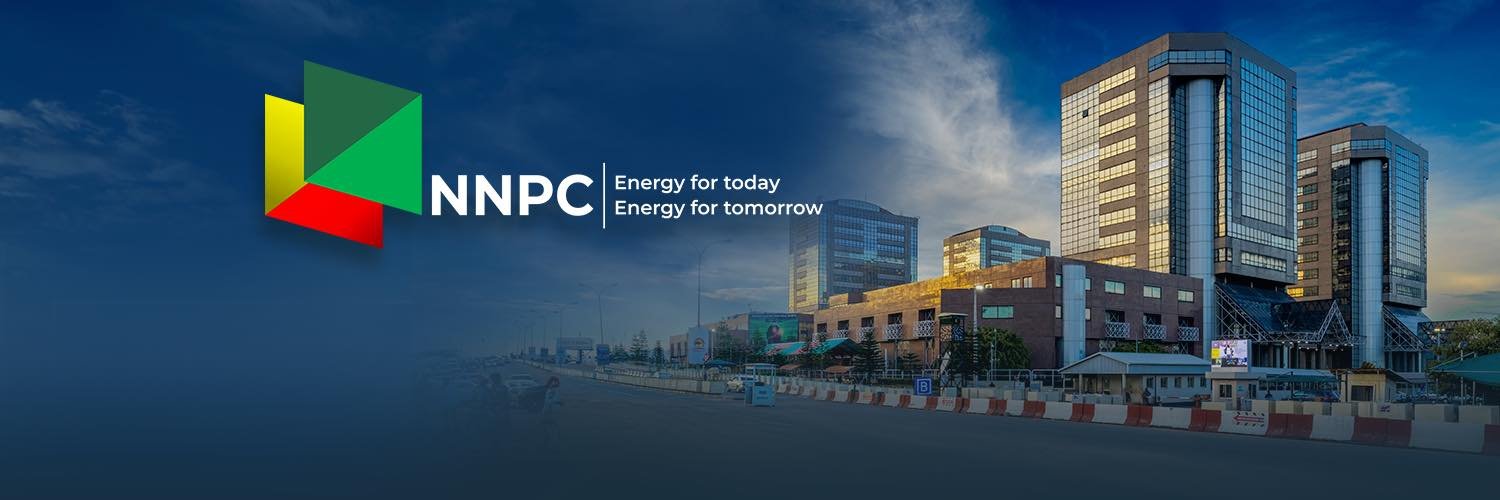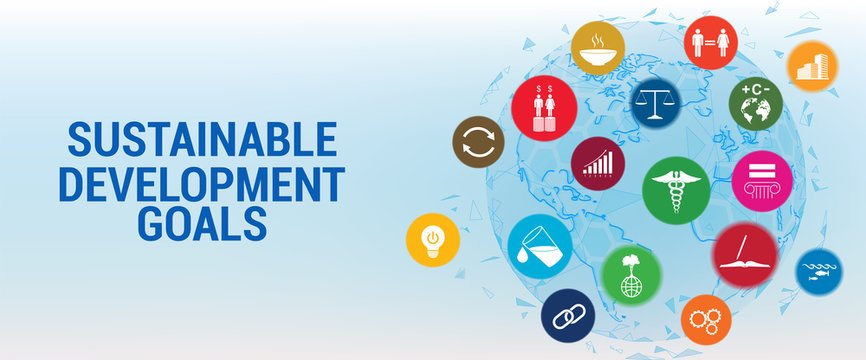By Jude Owuamanam, Jos
Elections for council positions in Jos North local government of Plateau State most times have been accompanied by violence.
This is due to the religious and ethnic divides in the LG and the bid by each side to prove numerical superiority. Because of the nature of the local council as the epicenter of sectarian violence on the Plateau, previous administrations had resorted to the use of caretaker committees to govern the area.
It was worse in 2008 when even before the collation of results could be concluded, violence erupted in parts of the local government which led to mass killings and destruction of property that lasted years after the election.
Due to its sensitivity, some administrations in the state usually try to avoid the conflicts that come with it by not conducting elections there, preferring rather to appoint caretaker committees to oversee the affairs of the local government instead.
But recently, the governor of Plateau State, Caleb Mutfwang decided to hold elections for positions in the local government and to the surprise of many, not only was it hitch free but peaceful.
The elections held in October and at the end of the exercise, winners emerged without much contestations and the usual brouhaha that usually followed elections.
Many have attributed this to the manner subsequent governments have been building on the peace process in the state and the support by various interests groups to see to lasting peace in the state.
For years, many non governmental organizations have offered to sensitize and reorient political leaders, stakeholders, religious and traditional institutions and others about their responsibilities in sustaining peace in the state.
In July, one of such groups the Middle Belt Brain Trust, MBBT, met with the state governor offering to bring together experts in the fields of conflict management to sensitive policy makers in the state about how to sustain lasting peace in the state
Former Chief of Defence Staff, Gen. Martin Luther Agwai, who is the chairman of the group explained that one of the key pillars of their strategy is working with the government to reach communities.
He said, “We are focused on a collaborative strategy with key local actors that builds on the Middle Belt’s strengths, establishes mechanisms to manage conflict and strengthen relationships, bolsters existing traditional, social, and state institutions; and increases economic opportunity, especially for youth is likely to have a long-lasting, positive impact on the region, and country.”
Governor Muftwang who observed the inevitability of conflicts “as long as there are human beings,” said the state government was able to achieve peaceful LG elections especially in Jos North due to the use of dialogue and other means of sensitising the people.
Mutfwang stated this at a two day conflict sensitivity retreat for senior state government officials organized by the Middle Belt Brain Trust (MBBT in partnership with the Plateau Peace Building Agency (PPBA), in Miango, Bassa Local Government Area of the state.
He said because Plateau is a multicultural, multi religious, multi ethnic society, when thinking through policies implementation, it should be designed in a way that shows sensitivity to these differences.
He added, “A typical case is for example the recently concluded local government elections, where for the first time since 1999, I think we had a local government election that Jos North went without much hitches and it is because from day one, we try to understand the context of Jos North. Who are the people in Jos North? What are their differences? What are the possible areas of conflict? How do we avoid them?
“And it became clear to us that one way to minimize conflict is dialogue. One way to minimize conflict is collaboration. Understanding that you must be able to discuss, you must be able to lay all the cards on the table. And in doing so, you must be perceived to be fair, to be honest, to be just, to be equitable and once people discover that what you are bringing to the table is a sense of fairness and equity, there’s less chance that there will be conflict.”
His view finds corroboration with what General Martin Luther Agwai said when he explained that there’s a need for policy makers and executors to understand and appreciate how their interventions could either trigger or minimise conflicts.
He said this helps in preventing civil conflicts from becoming identity conflicts and increases cooperation and synergy amongst groups; government and traditional institutions which eventually leads to the strengthening of statewide institutions to manage conflict.
An expert in the field of conflict management, Prof Mike Kwanashie said that while conflicts are inevitable, the response to violence could be avoided with the right orientation.
He stated that people need to understand that they have roles to play in prevention of conflicts.
Director General of the Plateau Peace-Building Agency (PPBA), Julie G Sanda said her agency sees the problem of violent conflicts as owing to a dearth of knowledge and capacity to effectively mainstream conflict sensitivity in policy and decision making.
She said, “This is more so that a careful analysis or interrogation of our challenges of peace and conflict has revealed that sometimes government policies at various levels (actions and inactions) had in a number of cases been a trigger of violent conflict.
Because of this, more people are now willing to dialogue and submit themselves to processes that will lead to sustained interactions to understand one another which have added to the sustained peace in Jos.







